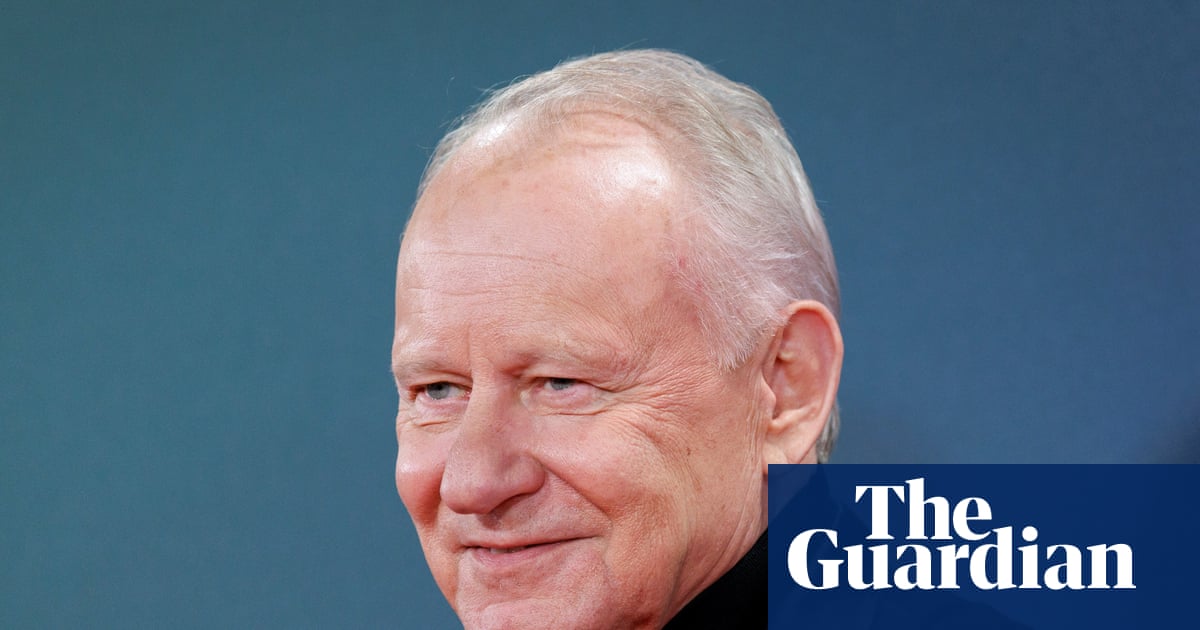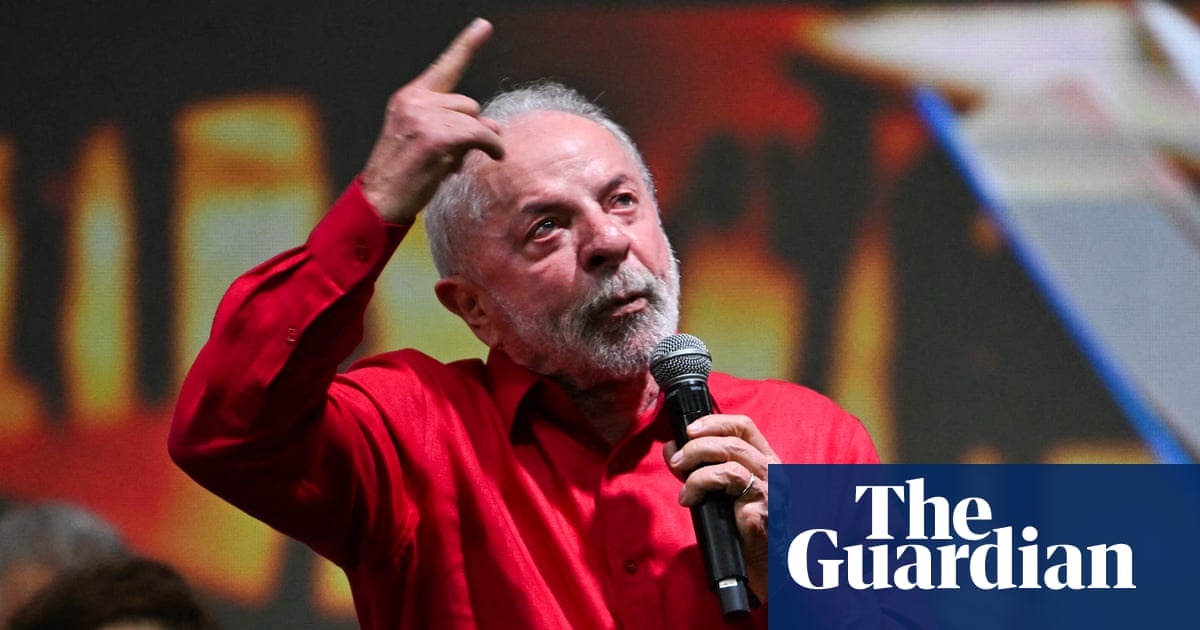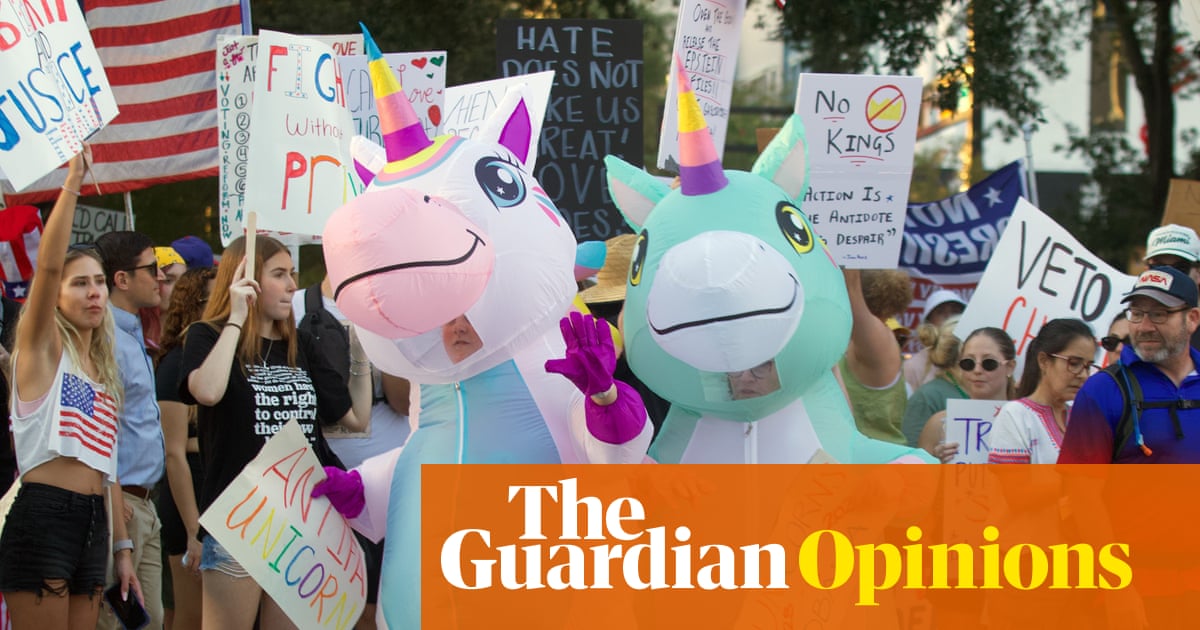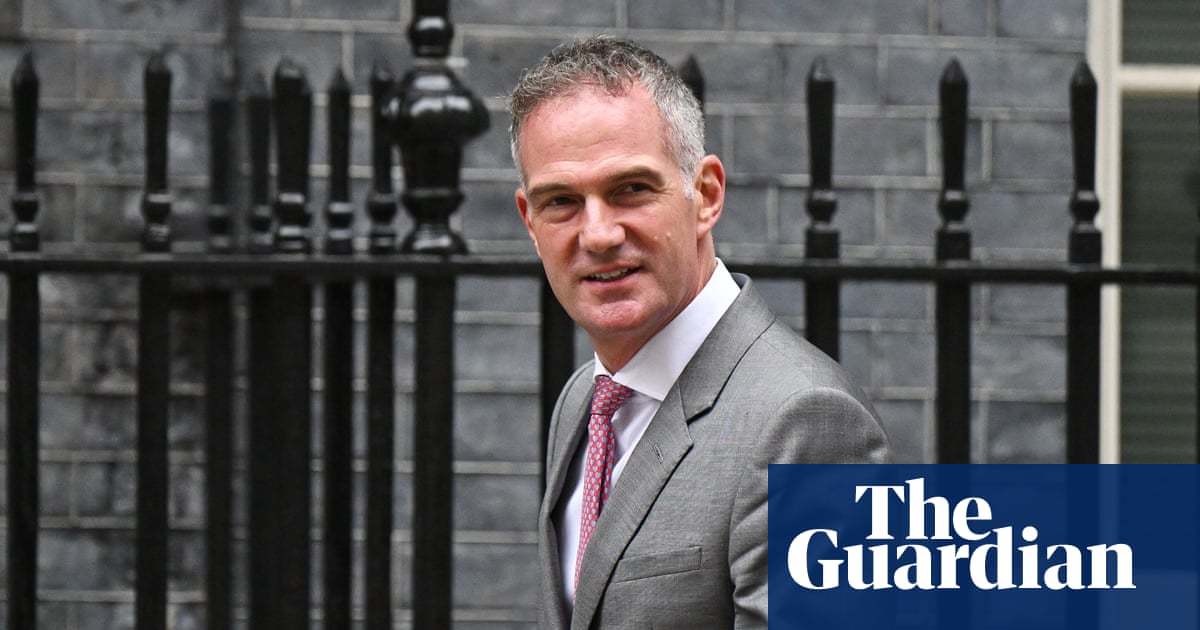For all the opinions about free speech and censorship that rage around us, there is remarkably little argument about what the “free” in free speech means. Most defenders of “free speech” only seem to care about the freedom to express themselves. They fight for the right to say anything, not whether the speech itself comes from a position of freedom.
Focusing on what makes free speech free is fundamental to our moral and political futures. Because free speech, properly conceived, is not just about the right to say what one wants. It is also about being the kind of person who has been so conscientious in their thinking, learning and discussion that they have become a free subject whose speech is directed toward the pursuit of truth. And there are serious threats today against the freedom of thought on which free speech relies.
John Stuart Mill makes the connection between free thought and free speech in his classic defense of speech, On Liberty (1859). The first chapter of Mill’s book is not called “Of free speech”, but rather “Of the liberty of thought and discussion”. That’s because speech for Mill is not an end in itself. It is rather one part of a broader freedom to find the truth that begins with a conscientious, trial-and-error attitude in which we are open to criticism and willing to learn from others and through experience. If we are beholden to prejudice, or hatred, or the pursuit of profit, or a desire to manipulate others, then our speech is constrained by these ulterior ends and not free.
Mill in fact criticizes those who “think it enough if a person assents undoubtingly to what they think true, though he has no knowledge whatever of the grounds of the opinion”. For our speech to become free, we have to undertake “due study and preparation”. We have to carefully compare what we believe with experience and reality and consult others with both humility and skepticism. We have to learn the best arguments from different points of view and then come to a considered conclusion.
Free speech is both part of this process as we try out ideas and engage with others, and the necessary end of the process when we express our findings. Starting out wrong or misguided is part of how we learn. This imperative to be considerate in how we come to our speech isn’t about putting legal limits on what can be said. Instead, the goal is to change our cultural and political norms to encourage free speech as part of a process of becoming a freer thinker.
This process is not easy. There are many factors – both benign and malign – that have incredible power to influence our thinking. Our minds, for example, tend to overemphasize negative and frightful information through what psychologists call “affect heuristics” and “availability heuristics” – shortcuts in our thinking bequeathed by evolution so that we quickly recall information and react immediately to danger.
But these same shortcuts can make us susceptible to manipulation – even when we know we’re being manipulated. That’s what makes a false idea like “immigrant crime” so powerful. Even though statistics show that migrants commit far less crime than others, these heuristics trick our minds into recalling recent news stories and becoming afraid. So when someone insists on their right to demonize immigrants, that is not free speech – it is fear speech. Again, we neither can nor should make fear speech illegal, but we can create cultural norms that promote genuine free speech.
This includes an open and engaged public sphere, an educational and scientific research system that expands knowledge, active public venues that encourage people to learn about each other’s points of view, and public labors to produce and circulate factual information and counter propaganda and misinformation.
As this list implies, any attempts to undercut science, to spread propaganda, to diminish educational opportunities or to consolidate control over information systems run counter to the freedom of thought. And it is thus not particularly surprising that we are seeing scientific and educational institutions attacked, while a simultaneous curtailment of free thought is being mounted by billionaires attempting to own increasing shares of the media ecosystem – from the ongoing legacy of the Murdoch family, to Elon Musk’s purchase of Twitter, and to the Ellison family’s moves to consolidate media companies and TikTok.
While these assaults on institutions are the most wide-scale and pressing dangers to free thought, there are also interpersonal concerns. The truncation of free thought can happen on an individual level when we don’t hear out dissenting views, however distasteful or even dangerous such views may be. Engaging with people we disagree with is fundamental to any robust system of free thinking and discussion.
To consider just one example: NPR reported a story in 2021 about a woman who turned against vaccines after the birth of her child. She had originally had her newborn vaccinated, and it appeared that her child had an abnormally bad reaction. The doctors didn’t take her concerns seriously, but people online did. She went down a rabbit hole and diminished her freedom of thought in exchange for a community of care.
Over time, she broke with the antivax movement because she found a doctor who listened to her concerns and explained the science without accusation. Free thought arises not only through experience and research, but also patience and listening. This is what Loretta J Ross speaks of as creating a “call-in” rather than a “call-out” culture.
True defenders of free speech are first and foremost defenders of free thought and discussion. They support not only education and scientific research, but also the kinds of caring engagements with their fellow humans that allow for the accurate transmission of ideas and shared pursuit of truth. To protect free speech, we should embody both these political and interpersonal ideals.
-
Avram Alpert is a lecturer in the Princeton Writing Program. His most recent book is The Good-Enough Life

.png) 5 hours ago
7
5 hours ago
7

















































